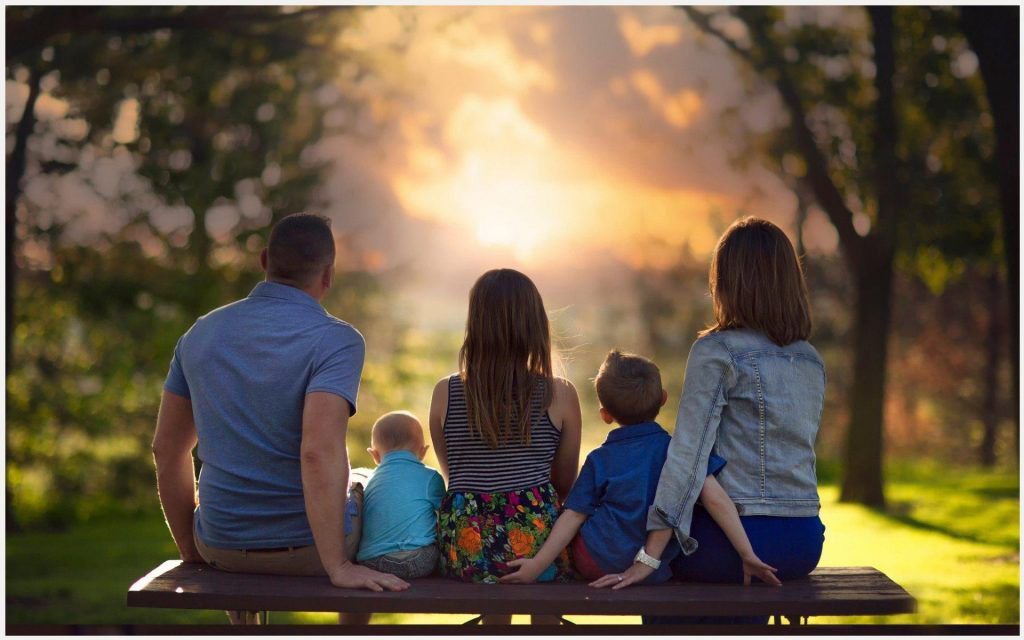
“I seem to have run in a great circle and met myself again on the starting line.”
– Jeanette Winterson, Oranges are Not the Only Fruit
Dear Readers,
Something you may or may not know about me is that I have struggled with my sexuality most of my life. I have identified as bisexual, lesbian, and polyamorous before doing away with labels all together. I have been blessed to have romantic and platonic relationships with both men and women. My first sexual encounters were with females, and it wasn’t long before I started learning my preferences.
In high school, I fell in love with a beautiful girl for the first time and was then pursued by another. Unfortunately, the relationship crashed and burned due to a jealous love triangle, of which I was the epicenter. However, I never forgot how much she taught me about myself. It was this relationship that resulted in my first brush with discrimination. I was harassed at school for openly being myself. My mother cried and pleaded, begging me not to hurt her. She told me she would never accept it, and she never did. I faced discrimination from employers who preferred to look the other way, nevermind the church and always some non-believing male trying to push his way in.
At the end of my 10th grade year I moved to Texas and enrolled in a new school. I was still coming to terms with myself but remained mostly transparent with my preference for women. I pursued two girls that year while men pursued me, but neither lasted. I always knew what I wanted. Still, I stumbled with the acceptance and the inner circle dynamics that come with a definitive learning curve. After all, men and women are as contrasted a specimen as two things can be.
In 12th grade I entered into an open relationship with a male that allowed me the freedom to pursue female partners. It was a delightful time in my life although, my union with my primary partner at the time was very unhealthy and soon went from accommodation to possessiveness. As a result, my relationships with women at the time suffered greatly, and never matured past casual encounters. It wasn’t until I was free from this relationship and relocated again that I began to date women exclusively, determined to be happy once and for all.
And then…there she was one day, standing before me in a polka dot blouse, dark hair flowing in the wind and those puppy dog eyes. She would grow to become the greatest love tragedy of my life.
I dreamt of her last night, and it swelled in me an endless pool of memories and emotions. Sadly, we have lost touch, which is one hundred percent my doing, but it wasn’t always that way. There were many years of love in the sunshine, missed opportunities, and the soft landing of my very best female friend.
This woman and I were very different, and yet similar in all the ways that mattered. She came from a wealthy family. I did not. She was well-liked and active in her academics. I was not. She was precious, loving, and tolerant. I was not. She was social, outgoing, and daring. Still, I was not. She taught me the language of mental health for the first time, of which I was in very much denial at the time. She taught me the priority of relationships and would vocalize them often. She was loyal and unfailing to a fault, always rushing to my aid no matter the hour. She valued family, friends, and struggled with her faith. She exercised good humor, ambition, and generosity. She balanced productivity with the wisdom a day in bed can bring. She always knew just what to say, even when I didn’t want to hear it. She put others first, even when her health was failing her. She loved her sweet, sweet kitty girl – Sophie – who I miss even now. She was beautiful. I admired her. I loved her.
Oh my God, I loved her.
With this admission I sat straight up in bed with an epiphany blooming behind my eyes. I began to cry. I was so joyful, and then equally fearful. When I informed her, however, she did not reciprocate, and the anguish struck deep. We tried to maintain a friendship, but this seldom survives once one-sided feelings come to the surface. Over time, she had a change of heart and we reconnected once more, although I think some small part of me was never quite able to trust it. My inability to be vulnerable matched her inability to communicate dispassionately which created long lasting damage in our relationship. Our arguments were often trivial but severe, a reflection I believe of the unresolved hurt we both experienced while trying to be close to one another in every capacity over the years.
As time passed, things changed again, and I moved out of state. Over the course of this time, countless letters and phone calls were sent and received. Once more her heart was changing, and she found greater meaning in our connection. I was delighted, but also clueless about the depths of that adoration. She never informed me that she had high hopes to try again upon my return, and in my idiotic blindness I entered into another poor relationship pattern before I even considered the notion of her and I finally being together. You cannot fathom my regret.
This time, the tables were turned. She was the one who was hurting, and it was simply too late. Soon, my relationship ended and once more we were both available, only this time I was too wrapped up in my grief and misbehavior to see clearly. I rejected her long before she became brave enough to utter the words – …what if? And I’ll never forget the look on her face, or the breaks in her voice.
Before I learned to manage my illnesses differently, I clung to very poor defense mechanisms at the great expense of others. Whenever I found myself suffering, I would repeatedly self-destruct. I would internalize and isolate with every intention of losing everyone close to me. Ultimately, the end result was suicidal action. My warped sense of logic convinced me that by pushing everyone away, I could end my life in peace – virtually free from guilt. How sickening and self-indulgent depression can be.
I didn’t see it at the time, but this is what I was doing. This was the beginning of the end and somehow, my most beloved, brilliant, beam of light got swept up with the others. Some of my friends stuck around long enough to understand, forgive, and rebuild. But she hasn’t – and I don’t blame her. The truth is, she gave me so much more than I deserved. Having been a self-sabotager most of my life, it comes as no surprise that I sucked the life out of the relationship that could have so changed me with vapid excuses like fear, immaturity, and ill-timing. I know I hurt her immensely, and I will never forgive myself for that because not only did I lose the potential of a lifetime, I mistreated my closest and most passionate friend. I cast fear and doubt into her heart. I lost a friend who saved my life more than once.
Shortly after, I embraced the work of personal development through therapy, reading, and writing. I grew in more ways than I can count. Sadly, this relationship suffered the most as a result of myself, and I can’t help but feel what can best be described as a double-consequence. Comprehension and change won’t bring her back. I’m afraid it’s too little, too late.
I will always think of her when the morning light hits the corners of a room just right because she brought me such warmth over the years. She loved me when I couldn’t love myself. She held me just right and made me laugh with tears in my eyes. She visited me in the hospital. She gave me countless gifts, experiences, friends and resources. She taught me the value of accountability. She taught me the truth of having loved and lost – twice – against not loving at all.
Following our final falling out, I dated a handful of girls that were lovely, some that were not so lovely, and some that just reminded me that I let go of something truly special.
If I could see her now, I would apologize. I would not deviate with fear. I would choose love. I hope you do too, in whatever form it takes.
For more excellent insight and entertainment through a collaborative approach to all things mental health, including a guest post from yours truly, visit the Blunt Therapy Blog by Randy Withers, LPC! For additional perspectives on suicide prevention from master level mental health providers visit, 20 Professional Therapists Share Their Thoughts on Suicide!
In collaboration with Luis Posso, an Outreach Specialist from DrugRehab.com, Deskraven is now offering guides on depression and suicide prevention to its readers. For more information on understanding the perils of addiction visit, Substance Abuse and Suicide: A Guide to Understanding the Connection and Reducing Risk! In addition, for a comprehensive depression resource guide from their sister project at Columbus Recovery Center visit, Dealing with Depression!


